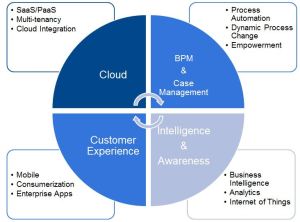For a few days I’ve been struggling to cast Netflix from my iPad to the Chromecast device attached to my TV. Being reasonably techie I made sure I was running the latest SW releases on both Netflix and Chromecast. I also tried using an iPhone and a different iPad but with no success. Last night I had enough (I’m in the middle of a “Making a Murderer” binge) so I decided to contact customer service.
To my pleasant surprise I found out that it was possible to call the Netflix help centre directly from their app using a VoIP call. The response time by the agent was quick as  well, less than 30 seconds. So far, so good. However as I had made some initial attempts to correct the problem myself the tier one agent was unable to provide a fix and said that she would have to escalate the issue. This however is where the customer service journey fell apart. Instead of transitioning me to another service representative online she provided be with a landline number. A US based landline number. The problem is I’m located in the UK.
well, less than 30 seconds. So far, so good. However as I had made some initial attempts to correct the problem myself the tier one agent was unable to provide a fix and said that she would have to escalate the issue. This however is where the customer service journey fell apart. Instead of transitioning me to another service representative online she provided be with a landline number. A US based landline number. The problem is I’m located in the UK.
In the multichannel or omnichannel business environment of today organizations must consider the end to end customer service journey and the transitions or escalations between channels that are sometimes necessary in order to resolve a problem. These transitions should be as frictionless or effortless for the customer as possible. In my case Netflix dropped the ball. Their sterling efforts to make it easy for customers to contact them, their in-app customer service channel and their excellent customer response times were in vain because they hadn’t considered or optimized how they handle customer escalations.
So when it comes to Netflix customer service it’s almost, but not quite. I still haven’t made that call and I’m still having Chromecast problems.
